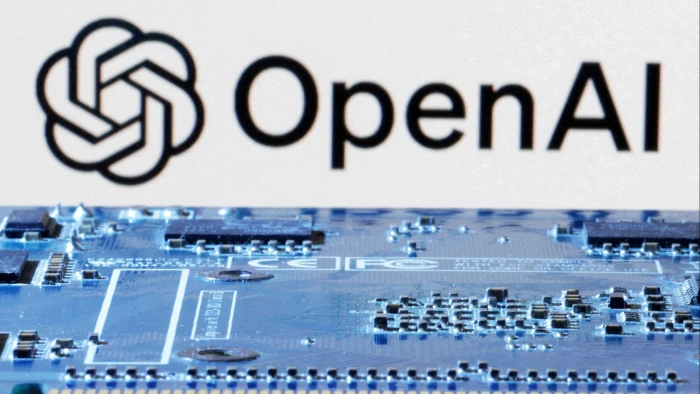OpenAI Partners with Broadcom for Custom AI Chip Development

OpenAI’s Strategic Move: Custom Chips for Next-Gen AI
OpenAI has announced a major partnership with Broadcom to engineer custom AI chips, signaling a pivotal shift in the global AI hardware race[3]. The collaboration—revealed the week of September 8, 2025—aims to deliver purpose-built silicon for OpenAI’s large language models, with initial deployment targeted for 2026. This breakthrough promises to redefine AI infrastructure, reduce dependence on NVIDIA, and reshape tech supply chains.
Why Custom AI Chips Matter
Until now, OpenAI relied heavily on third-party chips, especially NVIDIA’s industry-leading GPUs. Growing demand for artificial intelligence has strained global chip supply and driven costs sky-high. By designing custom chips with Broadcom, OpenAI gains tighter control over hardware specifications, cost structure, and performance tuning for its unique workloads. Analysts suggest this move could lower operational expenses, improve model efficiency, and enhance scalability for OpenAI’s next wave of generative AI systems[3].
- Production Timeline: Chips are slated for release in 2026, with exclusive internal use by OpenAI.
- Strategic Impact: Reduces vulnerability to supply disruptions, giving OpenAI a technological and competitive edge in deploying advanced AI at scale.
- Industry Context: The move is widely seen as a direct challenge to NVIDIA’s dominance, potentially setting off a new wave of custom silicon initiatives across major AI competitors.
Industry and Expert Perspectives
While analysts praise OpenAI’s bold commitment to independence, they caution about the complexities of silicon design and the risks inherent in such strategic pivots[3]. Chip development cycles are notoriously lengthy, and integrating new hardware with existing software remains a high hurdle. Some experts argue this could hasten innovation and enable more reliable AI products, while others warn about possible delays and steep upfront costs.
"This partnership is a necessary step for AI autonomy—a signal that the era of generic chips is waning," notes one sector analyst.
Future Implications
OpenAI’s custom chip initiative could accelerate next-generation model deployment and efficiency, intensify competition among hardware providers, and catalyze similar investments in custom silicon throughout the tech sector. If successful, it may help break supply chain bottlenecks, lower energy consumption, and lay the foundation for smarter, more accessible AI systems. Industry observers will be watching for milestones and production rollouts in the coming months[3].
How Communities View OpenAI’s Custom AI Chip Partnership
Online discussion about OpenAI’s Broadcom partnership for custom AI chips shows sharp divisions among tech and AI communities.
-
Optimists (about 45%)—including analysts like @patrickmoorhead and posts in r/artificial—see this as a leap toward AI independence, praising OpenAI’s effort to innovate and reduce reliance on NVIDIA.
-
Skeptics (about 35%)—especially in r/hardware and responses from semiconductor engineers—warn about chip-design challenges, citing failed custom silicon launches in the past and possible delays for OpenAI.
-
Industry Insiders (about 15%)—including comments from ex-NVIDIA staff and influential voices (e.g., @chipgirl, r/semiconductor)—debate supply chain ramifications, speculating this may spur broader custom chip arms races across big tech.
-
General Public & AI Ethics Advocates (about 5%)—in forums like r/technology—worry about cost, resource consumption, and environmental impact but acknowledge the move could drive more efficient AI.
Overall sentiment trends cautiously positive with significant curiosity as timelines and technical details remain undecided.